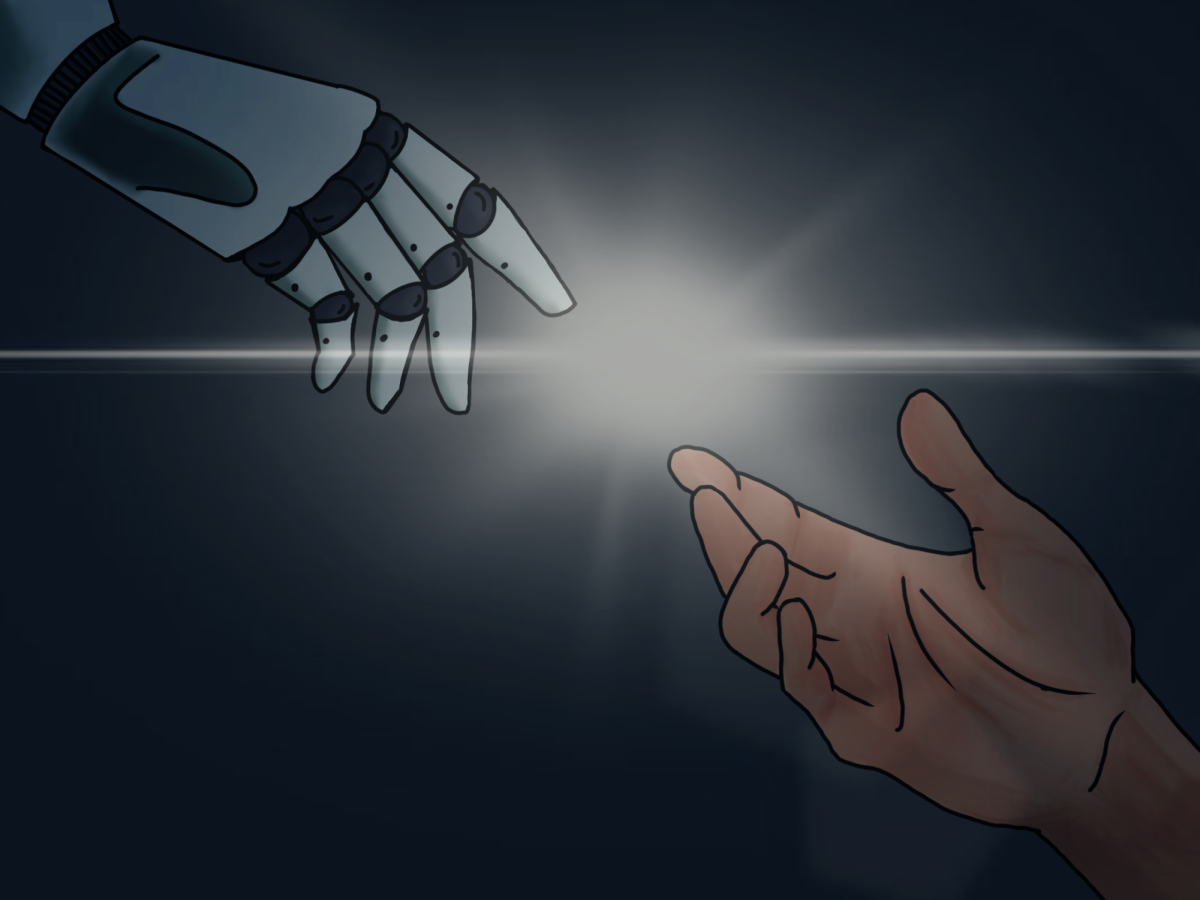In today’s fast-paced world, where technology is constantly evolving and cultural trends are rapidly shifting, fewer people are taking the time to enjoy literature for leisure. With changes in our education systems and the growing influence of technology, there are many factors to consider, but the implications of losing touch with literature are far-reaching. Several reasons come up for the decline in reading literature, but the two most important are systematic educational approaches that deter curiosity and technology’s distracting allure.
Incorporating literature into education is intended to ignite a love for stories and the lessons they carry, as well as to help readers grow emotionally and morally. However, in many educational systems, the approach has become overly systematic. Students are frequently required to analyze novels and poems using rigid methods, focusing on technicalities like symbolism and themes and overlooking the emotional and imaginative depth that makes the work truly captivating. For many young readers, this reduces the joy of discovering a story and replaces it with the pressure of excelling academically. Furthermore, the excessive emphasis on “classics” in curricula—while invaluable—can inadvertently alienate students who may find these works disconnected from their lives. When literature feels more like an obligation than a source of wonder or solace, many students grow up associating reading with stress rather than relaxation, leading them to abandon the habit altogether.
In today’s digital age, the habit of reading has been abandoned for a new habit: indulging in digital entertainment. Technology offers an array of entertainment options, often more accessible and immediately gratifying than the time and focus required to read a book. Social media, films, and short videos offer concise, captivating content that caters to these shrinking attention spans. Why spend hours reading a novel when you can watch its movie adaptation in under two hours, or scroll through a plethora of memes, clips, and reels? This shift in how people consume narratives has contributed to a generation more attuned to visual and auditory stimuli than the sustained mental engagement required by reading. While technology offers its own form of storytelling, the depth and personal involvement that literature fosters are often lost in these fast-paced and impersonal formats. Social media, through reels and memes, provide teens with a relatable and personal look into others their age, showcasing in small, interesting tidbits the culture and traditions of their generation. Reading, however, can be a far more rewarding and enriching source of entertainment since it stirs imagination, critical thinking, and empathy in ways that mere consumption of social media cannot. Books offer immersive experiences and enduring lessons that far outweigh the instant gratification of scrolling.
Reading literature isn’t just a pastime; it’s a way to cultivate empathy, imagination, and critical thinking. When we engross ourselves in a book, we step into the shoes of characters from diverse backgrounds, gaining access to viewpoints that are often very different from our own. This not only broadens our worldview but also augments our ability to relate to others. Moreover, reading develops the cognitive skills of concentration, critical thinking, and vocabulary, important for personal and professional development. Unlike the passivity of media consumption, reading demands active engagement, allowing individuals to nurture a more profound sense of self.
Beyond individual benefits, literature plays a pivotal role in shaping and preserving culture. History, values, and collective identities of societies have been passed down through stories, poetry, and plays. Works from authors like Homer’s Odyssey, plays by Shakespeare, and novels by Toni Morrison offer insights into what people think through generations: struggles, dreams, and triumphs preserved for future generations. Literature serves as a bridge between the past and the present, fostering cultural continuity and understanding. When fewer people engage in this, we risk the disruption of an important connection to our cultural heritage, which is pivotal for informing our future direction.
To combat this cultural and creative decline, it’s essential that we reevaluate our methods of engaging with literature in both education and everyday life. Schools should aim to cultivate a love for reading by offering diverse, more contemporary works alongside classics, and fostering creative discussions rather than inelastic analyses. Parents and caregivers can model reading as an enjoyable, relaxing activity rather than a chore. Equally important, however, is the discovery of methods for integrating literature alongside technology. E-books, audiobooks, and apps that gamify reading can make stories accessible to tech-savvy audiences. Encouraging adaptations that respect and honor their literary sources can also inspire viewers to explore the original works.
The decline in reading literature for fun reflects an alarmingly broader cultural shift, but it isn’t irreversible. By addressing the barriers posed by education systems and technology, and by emphasizing the personal and cultural value of literature, we can reignite the joy of reading in future generations. Literature isn’t just entertainment—it’s a benchmark for empathy, imagination, and heritage. To lose it would be to lose a vital part of what makes us human.







































